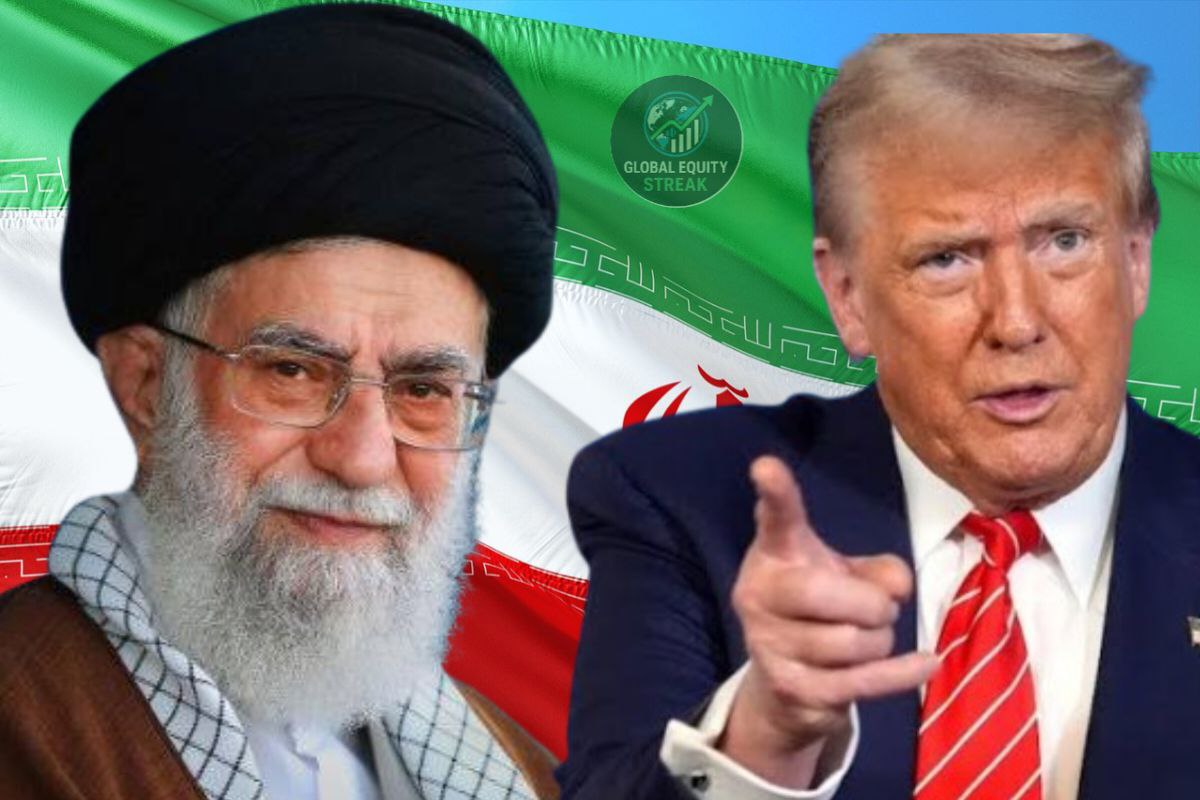Iran has funneled $1 billion to Hezbollah, U.S. officials confirm, as Syria’s new post-Assad leader faces U.S. pressure to cut ties with Russia and Iran. Israel strikes targets in Lebanon amid rising tensions, while discussions continue on expanding the Abraham Accords.
Iran Sends $1 Billion to Hezbollah as New Syrian Leader Faces
A landmark development is reshaping the Middle East’s complex geopolitical map as Syrian President Iraq March al-Shahwar emerges as the first post-Assad leader following the regime’s collapse last year. His rise comes amid intense U.S. scrutiny and shifting alliances, with Washington and its regional partners watching closely how Syria’s new leadership handles ties with Iran, Russia, and terrorist organizations such as Hezbollah and HTS.
U.S. officials revealed that Iran has managed to smuggle nearly $1 billion in funds to Hezbollah, despite facing severe economic distress and a worsening water shortage crisis. The continued financial lifeline to Hezbollah highlights Tehran’s ongoing commitment to supporting its proxy groups across the Middle East, raising new concerns in Washington and Tel Aviv.
Analysts warn that Hezbollah’s renewed financial support could reignite instability in Lebanon, a country already suffering from political paralysis and economic collapse. “Just when it seemed Lebanon could begin recovering, billions of dollars are once again flowing into Hezbollah — an organization that was once the gold standard of terror networks,” a U.S. official remarked.
Israel has responded with heightened vigilance, conducting targeted strikes inside Lebanon and monitoring Hezbollah’s movements along its northern border. “The Israelis are striking in Lebanon even as we speak,” a senior security analyst said. “Groups like Hezbollah, Hamas, the Houthis, and Shia militias are not going to disappear quietly. This will require ongoing coordination between the U.S., Israel, and Gulf Arab states.”
Meanwhile, President Iraq March al-Shahwar faces the daunting challenge of rebuilding a deeply fragmented Syria, where over 6 million citizens fled the country during years of civil war. His leadership marks a significant turning point, with U.S. officials emphasizing the need for him to distance Damascus from Moscow. “President Trump took a great risk recognizing him,” one U.S. analyst stated. “Now it’s time for Syria’s new leader to break ties with Russia, which has been bombing his country for more than a decade.”
The United States also expects al-Shahwar to protect Syria’s minority communities — including Christians and Druze — and to curb Iranian influence. “He must ensure that Iran, the primary destabilizing factor in the region, loses its grip on Syria,” a former U.S. official said. “If he aligns fully with the West and Gulf Arab nations, we can help rebuild a united and stable Syria.”
There is also speculation that Syria’s new leadership might eventually join the Abraham Accords, the landmark peace framework initiated under President Trump that normalized ties between Israel and several Arab states. “I am confident President Trump will encourage him to join — at least indirectly,” said a former U.S. Secretary of State. “It’s about acknowledging Israel’s fundamental right to exist, which is at the heart of the accords.”
Amid these diplomatic maneuvers, Jared Kushner met with Israeli Prime Minister Benjamin Netanyahu to discuss the progress of the Abraham Accords and the ongoing hostage negotiations. The U.S. administration views these efforts as vital for maintaining peace and stability across the region.
However, experts caution that the resumption of major hostilities could derail progress. “If the fighting starts again, the whole Abraham Accords process could stall,” one commentator noted. “The work must continue every single day to prevent that.”
As the U.S. and its allies navigate this volatile new chapter, the key challenge remains clear — preventing Iran’s proxies from reigniting widespread conflict while encouraging Syria’s fragile new government to choose diplomacy and stability over dependence on Tehran and Moscow.

